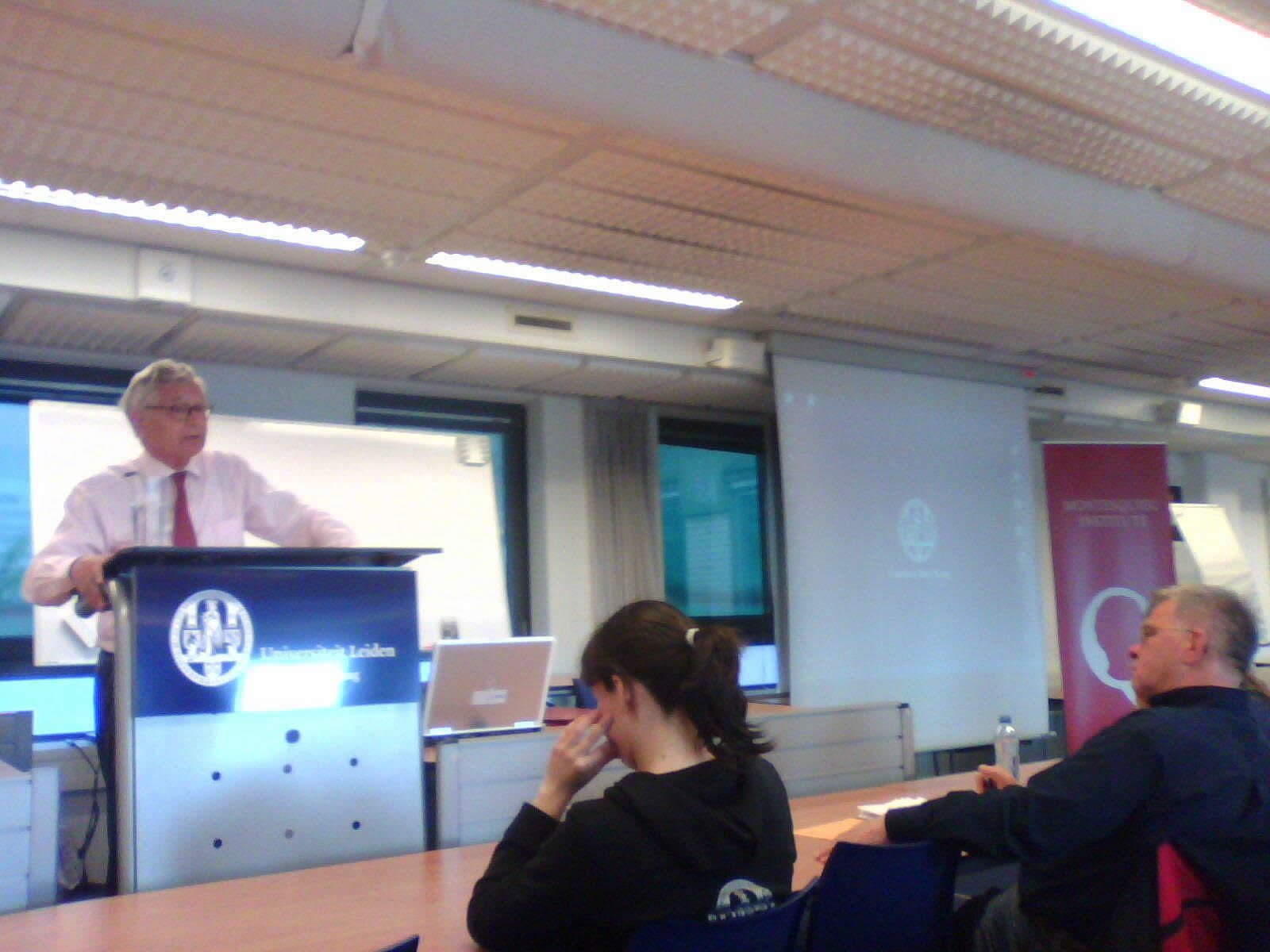
Committed to European integration, the EESC contributes to strengthening the democratic legitimacy and effectiveness of the European Union by enabling civil society organisations from the Member States to express their views at European level. In behalf of that, the body plays not only an advisory role and an information and integration role, but maintains also relations with economic and social councils and social interest groups in third countries. However, The European Parliament's Liberal group has called for targeted spending cuts to the EU's common agricultural policy, together with the potential scrapping of several EU institutions.
Possible savings can be made by "fundamentally restructuring certain parts of the EU administration, such as the Committee of Regions ... [and] abolishing the European Economic and Social Committee (EESC) and others," says the document.